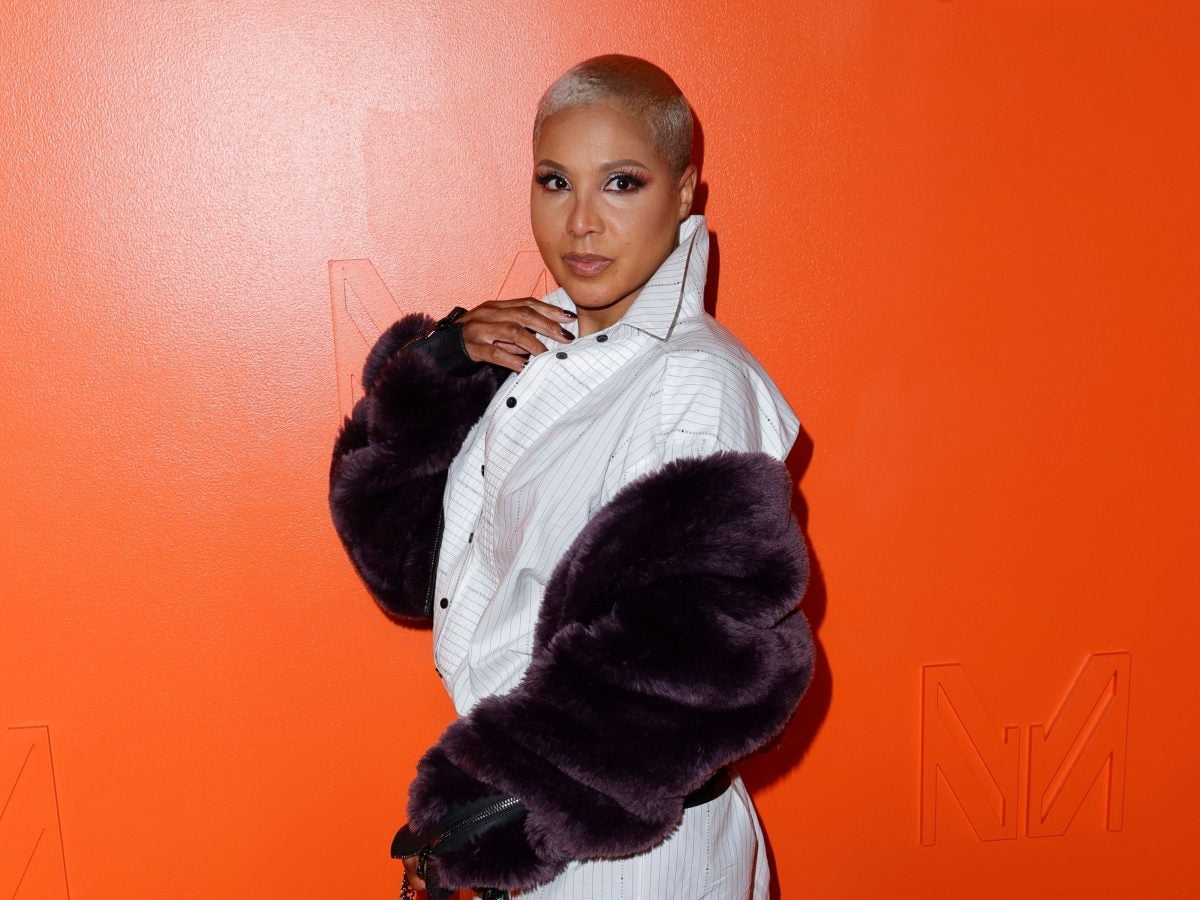
The legendary Toni Braxton has been brave and vocal about her lupus diagnosis over the years, and in a recent interview with the SHE MD Podcast, the singer revealed she was instructed to hide her diagnosis, which she got back in 2008.
“I was told to hide that I had lupus. Like, ‘Don’t tell anyone,’ ” the singer, 56, said during the interview.
When co-host Thais Aliabadi, M.D., inquired about who asked Braxton to hide her diagnosis, she said it was her management at the time.
“’People get scared around sick celebrities. Nobody gets insured,’ and I couldn’t get insured,” Braxton recalled them saying.
The “Unbreak My Heart” singer was diagnosed by rheumatologist Daniel Jeffrey Wallace, M.D., who also appeared on the podcast episode.
“I was president of the Lupus Foundation of America and our problem was we had all these celebrities with lupus but none of them would come out,” he revealed.
Some other celebrities who have shared their lupus diagnosis include Nick Cannon, Seal, and rapper Trick Daddy.
“You would not get work,” Braxton said about revealing you have lupus as a notable figure. “I didn’t get work at first. No one wanted to put me on the stage. ‘Well, suppose she collapses on stage? And insurance? How are we going to do that?’” she said.
During the interview, the Grammy award-winning artist took a trip down memory lane, recalling the hoops she had to jump through to get diagnosed. She stated feeling like a “hypochondriac” (someone who is overly anxious about their health) before Wallace finally filled her in on what was happening within her body.
“It takes an average of three and a half years for somebody with non-organ-threatening lupus to get diagnosed and an average of four different doctors,” Wallace shared.
Braxton revealed that she saw “at least” six doctors before getting her diagnosis, which she finally received after collapsing during a performance in Las Vegas. Last year, Braxton also shared that she had to undergo emergency heart surgery because of lupus-related complications. This happened around the time her sister Traci died from cancer in 2022.
“I was telling people I don’t feel well,” she said. “We always try to fake that we’re feeling great or we don’t want to worry anyone.”
Braxton concluded her thoughts by emphasizing the importance of being vocal about lupus and spreading the word.
“[It’s] important that I pioneer and be an advocate, and tell other people about it and talk about my story, and hopefully, you can help someone,” Braxton said. “There’s nothing to be ashamed of. Nothing.”